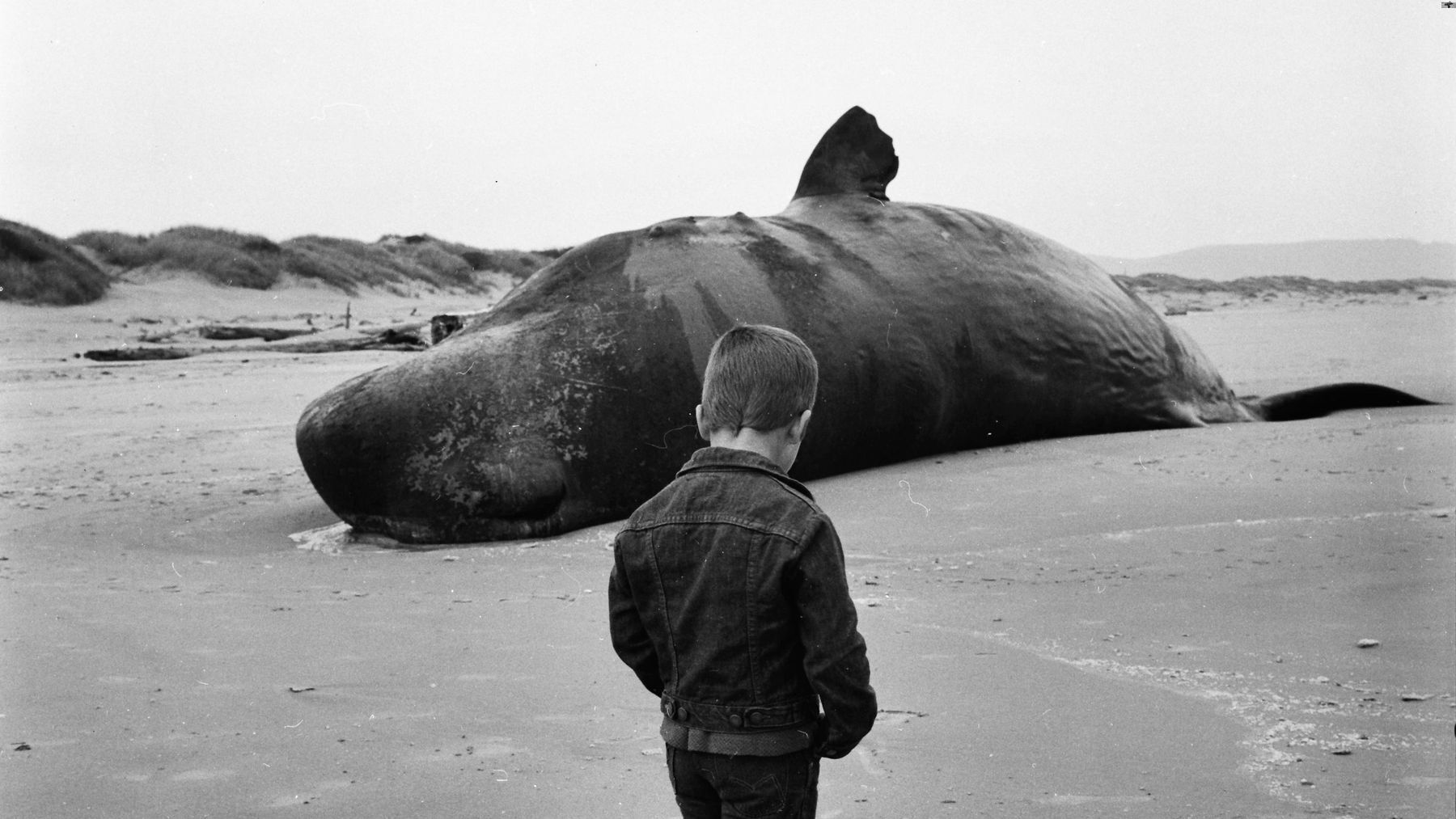
Who is Anita Hill? Anita Hill is a prominent American lawyer, educator, and author who became a national figure in 1991. Born in Lone Tree, Oklahoma, she was the youngest of 13 children in a family with deep roots in American history. Hill's most notable moment came when she testified before the Senate Judiciary Committee, accusing Supreme Court nominee Clarence Thomas of sexual harassment. This courageous act brought workplace harassment into the national conversation, inspiring many to speak out. Beyond this, Hill has had a distinguished career in law and academia, advocating for gender equality and social justice. Her story continues to inspire and educate.
Key Takeaways:
- Anita Hill's testimony against Clarence Thomas brought workplace sexual harassment into the national conversation, inspiring the #MeToo movement and leading to increased awareness and legal changes.
- Despite facing challenges, Anita Hill continues to advocate for gender equality, inspiring women to speak out against workplace harassment and contributing significantly to social policy and women's studies.
Early Life and Education
Anita Hill's journey began in a small town in Oklahoma, where she grew up in a large family. Her early years laid the foundation for her future achievements.
- Birth and Early Life: Anita Faye Hill was born on July 30, 1956, in Lone Tree, Oklahoma, to Albert and Erma Hill. She was the youngest of 13 children.
- Family Background: Hill's family has a rich history, with her maternal grandfather, Henry Eliot, and all of her great-grandparents born into slavery in Arkansas.
- Education: Hill graduated from Morris High School in Oklahoma in 1973 as class valedictorian. She then received her bachelor's degree in psychology from Oklahoma State University in 1977.
- Law School: Hill earned her Juris Doctor (J.D.) from Yale Law School in 1980, where she was one of only 25 African American women in her class.
Professional Beginnings
Anita Hill's early career saw her navigating the legal world and eventually crossing paths with Clarence Thomas.
- Legal Career: After graduating from Yale, Hill was admitted to the District of Columbia Bar in 1980. She began her law career as an associate with the Washington, D.C. firm of Wald, Harkrader & Ross.
- Work with Clarence Thomas: In 1981, Hill became an attorney-adviser to Clarence Thomas, who was then the Assistant Secretary of the U.S. Department of Education's Office for Civil Rights. When Thomas became chairman of the U.S. Equal Employment Opportunity Commission (EEOC) in 1982, Hill served as his assistant until July 1983.
Academic Contributions
Hill transitioned from practicing law to teaching, making significant contributions to legal education.
- Teaching Career: After leaving the EEOC, Hill became an assistant professor at the Evangelical Christian O. W. Coburn School of Law at Oral Roberts University, where she taught from 1983 to 1986. She then joined the faculty at the University of Oklahoma College of Law in 1986, teaching commercial law and contracts.
- Tenure at OU: In 1989, Hill became the first tenured African American professor at the University of Oklahoma College of Law. However, she left the university in 1996 due to ongoing calls for her resignation following her 1991 testimony.
- Visiting Scholar at Brandeis: In 1998, Hill became a visiting scholar at Brandeis University. She eventually rose to the position of university professor in 2015, focusing on social policy, law, and women's studies.
The 1991 Testimony
Anita Hill's testimony against Clarence Thomas was a pivotal moment in American history, bringing workplace sexual harassment into the national conversation.
- Public Profile: Hill's testimony in 1991 made her a national figure, and she has since maintained a prominent public profile as an advocate for gender equality and against sexual harassment.
- Testimony Before the Senate Judiciary Committee: In October 1991, Hill testified before the Senate Judiciary Committee, accusing Clarence Thomas of sexual harassment during their time working together at the U.S. Department of Education and the EEOC.
- Allegations Against Clarence Thomas: Hill claimed that Thomas had made unwanted sexual advances, including graphically describing pornographic films and repeatedly asking her on dates despite her refusals. She alleged that the harassment continued when Thomas became chair of the EEOC.
- Impact of Testimony: Hill's testimony sparked a media circus and polarized Americans. While some believed she was a scorned woman or an attention seeker, others found her treatment by the Senate committee demeaning and sexist.
- Confirmation of Clarence Thomas: Despite Hill's allegations, Clarence Thomas was narrowly confirmed to the Supreme Court with a vote of 52-48.
- Media Coverage: The hearings were televised, and 86% of Americans watched at least part of the proceedings. Six in ten Americans supported Hill, but the conservative backlash against feminism was significant.
- Support for Anita Hill: The hashtag #WeBelieveAnita trended on social media, and buttons and T-shirts appeared with the slogan "We believe Anita." Many women recognized themselves in Hill's story and felt empowered to speak out against workplace harassment.
Legal and Social Impact
Hill's testimony had far-reaching effects on laws and societal attitudes toward sexual harassment.
- Legal Consequences: Although Hill's allegations did not lead to Thomas's immediate removal from the Supreme Court, they did contribute to a significant increase in awareness about workplace sexual harassment. The month after her testimony, Congress passed a law extending the rights of sexual-harassment victims.
- EEOC Complaints: The following year, the Equal Employment Opportunity Commission (EEOC) received a 50% increase in sexual-harassment complaints compared to the previous year.
- Feminist Movement: Hill's testimony inspired renewed support for the feminist movement. The year 1992 became known as the "Year of the Woman," with a historic number of female politicians elected to Congress, doubling their seats in the Senate and House.
Author and Advocate
Beyond her testimony, Hill has continued to influence public discourse through her writing and advocacy.
- Author and Commentator: After her testimony, Hill continued her career as an author and commentator, focusing on equality and gender issues. She wrote the autobiography Speaking Truth to Power in 1997 and Reimagining Equality: Stories of Gender, Race, and Finding Home in 2011.
- Recent Works: In 2021, Hill published Believing: Our Thirty-Year Journey to End Gender Violence, which explores the intersection of race and gender violence and the ongoing struggle to end gender violence.
- Documentary and TV Portrayal: Hill was featured in the documentary Anita (2013), which focused on the scandal surrounding her testimony. In 2016, Kerry Washington portrayed Hill in the HBO TV movie Confirmation.
- Awards and Recognition: Hill received the American Bar Association's Commission on Women in the Profession's "Women of Achievement" award in 1992. She has also been recognized for her contributions to social justice and equality.
Continued Advocacy
Anita Hill remains a powerful voice in the fight for gender equality and against sexual harassment.
- Continued Advocacy: Despite the challenges she faced, Hill has continued to advocate for gender equality and against sexual harassment. Her work has inspired countless women to speak out against workplace harassment and to seek justice.
- Intersectionality: Hill's experiences as a Black woman illustrate the intersectionality of race and gender violence. Her testimony highlighted the ways in which women of color face unique forms of harassment and marginalization.
- Impact on Public Perception: Hill's testimony changed the public's perception of sexual harassment. Many women recognized themselves in her story and felt empowered to report their own experiences of harassment.
- Role in #MeToo Movement: Although Hill's allegations predated the #MeToo movement, her testimony laid the groundwork for future discussions about workplace harassment. The movement's crescendo in the 2010s highlighted the ongoing struggle for gender equality and justice.
- Comparison with Christine Blasey Ford: Hill's testimony has been compared to that of Christine Blasey Ford, who accused Brett Kavanaugh of sexual assault during his Supreme Court confirmation hearings in 2018. Both women faced similar challenges and criticisms, but their testimonies also inspired renewed support for the #MeToo movement.
Legacy and Influence
Anita Hill's legacy extends beyond her testimony, influencing education, public debate, and media representation.
- Historical Context: Hill's testimony occurred in a historical context marked by conservative backlash against feminism. The hearings were a pivotal moment in the struggle for gender equality, highlighting the need for greater awareness and protection against workplace harassment.
- Educational Impact: Hill's testimony has been incorporated into educational curricula, providing a powerful example of the impact of individual actions on social change. Her story has been used to teach about activism, social justice, and the importance of believing survivors.
- Personal Courage: Hill's courage in testifying against a powerful figure like Clarence Thomas has been widely recognized. Her personal story serves as a testament to the power of individual courage in the face of adversity.
- Professional Legacy: Beyond her work on sexual harassment, Hill has made significant contributions to the fields of social policy and women's studies. Her academic work continues to influence scholars and policymakers.
- Public Speaking Career: After her testimony, Hill became a sought-after speaker on issues related to sexual harassment and gender equality. Her ability to articulate complex issues has made her a respected voice in public discourse.
- Academic Career: Hill has held various academic positions, including her current role as a professor of social policy, law, and women's studies at Brandeis University. Her academic work focuses on issues of gender, race, and social justice.
- Awards and Honors: In addition to the American Bar Association's "Women of Achievement" award, Hill has received numerous other honors for her contributions to social justice and equality. These include recognition from the Oklahoma Women's Hall of Fame and other academic institutions.
- Public Debate: Hill's testimony has been the subject of extensive public debate, with some questioning her motives and others praising her courage. The debate highlights the complexities of sexual harassment and the challenges of believing survivors.
- Media Representation: Hill has been portrayed in various media, including documentaries and TV movies. Her story continues to captivate audiences and inspire new generations of advocates for gender equality.
- Historical Significance: Hill's testimony is significant not only for its impact on individual lives but also for its historical significance. It marked a turning point in the struggle for gender equality and workplace safety.
- Continued Relevance: Despite the passage of time, Hill's work remains relevant today. The ongoing struggle against sexual harassment and gender violence continues to be a major focus of her advocacy and academic work.
- Legacy and Impact: Anita Hill's legacy extends far beyond her testimony. She has inspired countless women to speak out against workplace harassment and has contributed significantly to the fields of social policy and women's studies. Her impact on public discourse and policy continues to be felt today, making her a true champion of gender equality and social justice.
Anita Hill's Enduring Legacy
Anita Hill's courageous stand in 1991 forever changed the conversation around sexual harassment and gender equality. Her testimony against Clarence Thomas wasn't just a moment in history; it sparked a movement. Hill's bravery inspired countless women to speak out, leading to significant changes in workplace policies and laws. Her work as an educator and author continues to influence discussions on social policy and women's studies. Hill's story is a powerful reminder of the impact one person can have on society. Her legacy lives on through her ongoing advocacy and the countless lives she has touched. Hill's journey from a small town in Oklahoma to a national figure shows the importance of standing up for what's right, even when it's tough. Her contributions to social justice and equality will be remembered for generations.
Frequently Asked Questions
Was this page helpful?
Our commitment to delivering trustworthy and engaging content is at the heart of what we do. Each fact on our site is contributed by real users like you, bringing a wealth of diverse insights and information. To ensure the highest standards of accuracy and reliability, our dedicated editors meticulously review each submission. This process guarantees that the facts we share are not only fascinating but also credible. Trust in our commitment to quality and authenticity as you explore and learn with us.


